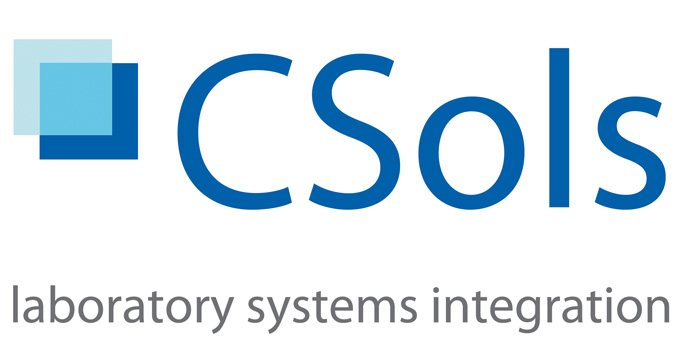Locally-based company CSols, which provides laboratory informatics software services, has part-funded research being undertaken by one of the Management School’s doctoral researchers. CSols enables labs to improve efficiency by reducing costs, turnaround times and transcription errors, which improves traceability, compliance, and analytical performance.

The research is examining different models for monitoring and managing the carbon footprint of clinical laboratories, where sustainability implications are a key focus. According to studies, the NHS carbon footprint is expected to rise by 55% from 15 metric tonnes of CO² in 1990 to 23 metric tonnes in 2020. The NHS has significant opportunities to reduce its carbon footprint particularly in procurement, building energy and travel.
This research is employing state of the art technologies including Artificial Intelligence to develop a platform to optimize energy consumption at the same or higher level of laboratory service agreement. Solving this challenge will make a significant impact to the way laboratories are managed, something that CSols is eager to support.
It is hoped the software could then be used for all types of laboratory in future.
This research is helping test models for reducing environmental impact and increasing efficiency, so has huge implications for our sector as well as beyond.
Phil Goddard, Managing Director, CSols Ltd.
Back to: Management School